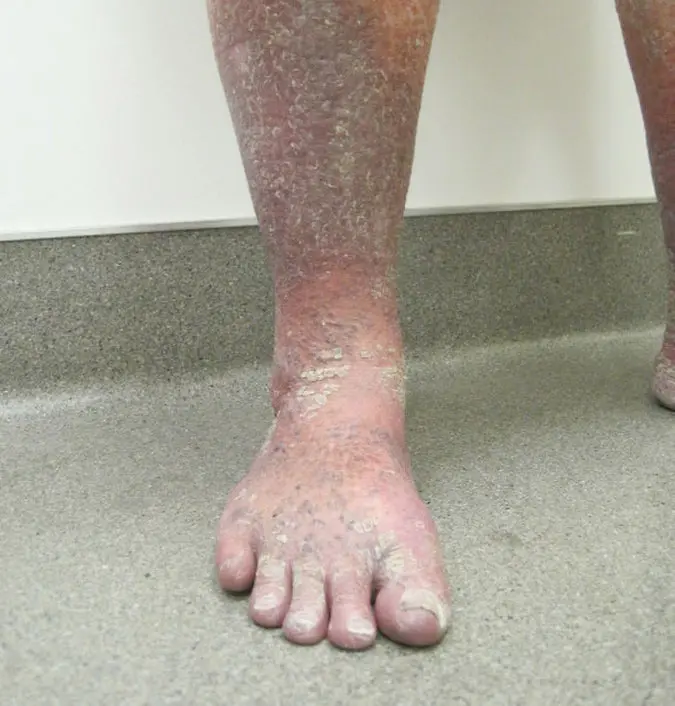Ichthyosis Vulgaris
The most common type, causing mild to moderate scaling and dryness of the skin.
Ichthyosis is a group of rare genetic skin conditions that disrupt the skin’s natural shedding process, leading to dry, scaly, and thickened skin. While there is no cure, proper management and treatment can significantly improve the quality of life for individuals affected by ichthyosis.
Ichthyosis Vulgaris
The most common type, causing mild to moderate scaling and dryness of the skin.
Ichthyosis is a group of rare genetic skin conditions that disrupt the skin’s natural shedding process, leading to dry, scaly, and thickened skin. While there is no cure, proper management and treatment can significantly improve the quality of life for individuals affected by ichthyosis.
Unveiling the Enigma of Ichthyosis
Ichthyosis is the disorder in which there are excessive amounts of dry surface scales. The name ichthyosis is derived from the Greek word Ichthys which means fish. The presentation of ichthyosis is very similar to the appearance of fish scales. Patients with ichythyosis may develop chronic bacterial infections of the skin necessitating long-term antibiotic therapy.
The use of topical exfoliants to help reduce the amount of scales as well as a moisturizer to help hydrate the skin may provide some relief. The use of a petrolatum ointment under occlusion may also help keep the scaling patches under control. In extreme cases oral retinoids display an impressive antikeratinizing action in ichthyosiform dermatoses.
Isotretinoin have been shown to reduce scaling, discomfort, and disfigurement. However, when these drugs are discontinued, the ichthyotic skin recurs, thereby necessitating long-term use.
Understanding the Spectrum of Ichthyosis
Ichthyosis encompasses a wide spectrum of conditions, each with its own unique characteristics and severity. Some common types include:
- Ichthyosis Vulgaris: The most common type, causing mild to moderate scaling and dryness of the skin.
- Lamellar Ichthyosis: A rare and severe form characterized by large, dark scales that resemble fish scales.
- X-Linked Ichthyosis: A rare type that primarily affects males, causing severe scaling, redness, and inflammation of the skin.
Addressing the Challenges of Ichthyosis
Living with ichthyosis can pose numerous challenges, including:
- Skin Discomfort: Dryness, scaling, and thickening of the skin can lead to itching, irritation, and pain.
- Social and Emotional Impact: The visible nature of ichthyosis can sometimes lead to social isolation and low self-esteem.
- Increased Risk of Infections: Thickened skin can impair the skin’s natural barrier function, increasing the risk of infections.
Finding Hope in Expert Care at Contour Dermatology:
At Contour Dermatology, our team of experienced dermatologists is dedicated to providing comprehensive care for individuals with ichthyosis. We offer:
- Expert Diagnosis and Evaluation: Our dermatologists will conduct a thorough examination to accurately diagnose the type of ichthyosis and assess its severity.
- Personalized Treatment Plans: We develop individualized treatment plans that may include prescription medications, topical therapies, and lifestyle modifications to manage symptoms and improve skin health.
- Compassionate Support: We understand the unique challenges faced by individuals with ichthyosis and strive to provide compassionate care that addresses their physical, emotional, and psychological well-being.
If you or a loved one is struggling with ichthyosis, we encourage you to reach out to our team at Contour Dermatology. Together, we can navigate the complexities of this condition and work towards achieving the best possible outcomes.































